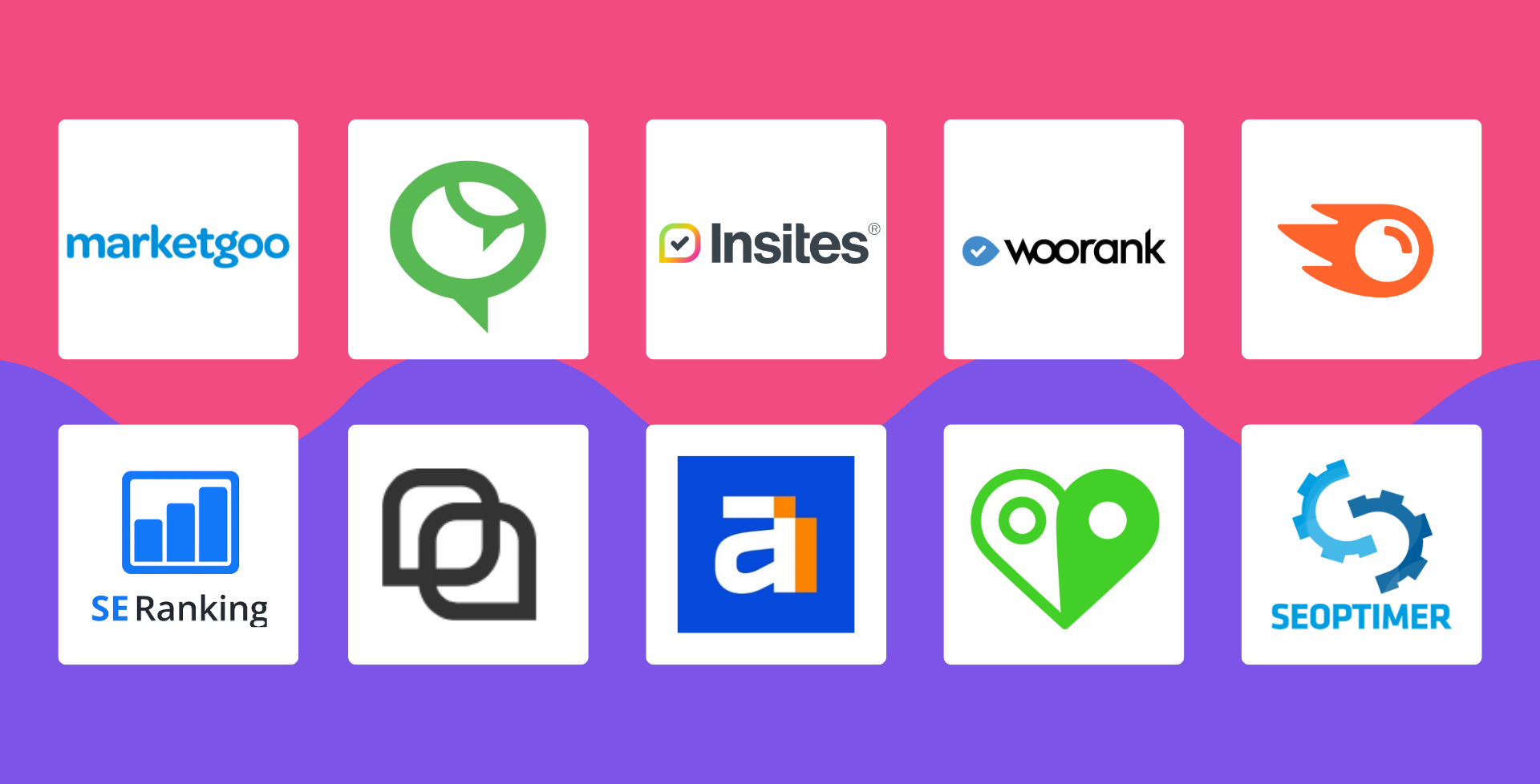How enterprise digital marketing providers can standardise their keyword research approach at scale
Coral Wood • May 28, 2025
Let's face it – most small business owners know they need to be found online, but mention "keyword research" and you'll often see their eyes glaze over faster than you can say "search engine optimisation." As an agency selling digital marketing solutions to SMBs, you've got to make this stuff digestible without watering it down. Here's how to make keyword research something your small business clients actually get excited about.
Why keyword research actually matters for small businesses
For SMBs with tight marketing budgets (and who doesn't have those these days?), targeting the right keywords isn't just nice to have – it's essential. Good keyword research helps small businesses figure out what real people are actually typing when they need services, spot gaps their competitors are missing, and create content that brings in the right visitors. It's about connecting businesses with the customers already looking for them.
The real challenges of selling keyword research to SMBs
If you're in the trenches selling digital marketing to small businesses, you know the struggle. Your clients are flat-out busy running their business – they don't have time to learn SEO jargon or dive into complex analytics. When you start talking about "search volume" and "keyword difficulty," many SMB owners mentally check out because it sounds like a foreign language compared to the practical concerns of running their business day-to-day.
What they want is phone calls and sales, not spreadsheets with thousands of keywords they can't make sense of. And let's be honest, many have been burned before by agencies promising first-page rankings but delivering nothing but invoices. These experiences make it even harder to build trust when discussing SEO strategies.
Making keyword research accessible: practical approaches that work
Drop the jargon and speak human
Bin the technical terms. Nobody outside our industry cares about "semantic search" or "keyword cannibalisation." Instead, frame conversations around what matters to them. Talk about finding exactly what their ideal customers type into Google when they need the services they offer.
Discuss how their competitors are winning certain searches, and how your agency can help them compete for that traffic. Show them how search terms reveal the exact problems their customers need solving – problems their business is perfectly positioned to address.
Start local, because that's what they care about
For most small businesses, showing up when locals search is the whole game. Make it real by showing them their current visibility when someone in their area searches for relevant terms. Walk them through the actual phrases their neighbours use when looking for their services – which often aren't what businesses think they use.
Compare their visibility to that competitor down the road who seems to be everywhere online, and help them visualise the potential customers who are walking through someone else's door instead of theirs simply because of better local search visibility.
Pictures beat spreadsheets every time
Don't drown clients in data – show them stories through visuals. Simple charts highlighting gaps they can easily fill are far more compelling than raw numbers. Create side-by-side comparisons with local competitors that instantly show where they stand.
Maps displaying where they're visible (and where they're invisible) in local search make the concept tangible. Before/after mockups showing how they could appear in search results help them envision success and make the abstract concrete.
Always answer "so what do we do now?"
Small business owners are action-oriented people. After explaining the opportunities, they need clear next steps. Focus on the 3-5 keywords that actually matter for their business right now, not an overwhelming list of possibilities.
Outline exactly what content they need – specific blog topics or service page tweaks that will move the needle. Provide clear, concrete steps for implementing those keywords on their site, and set realistic expectations about when they might start seeing real business results from these changes.
Tools that make this stuff less painful
The right tools can be game-changers for both your team and your clients:
All-in-one platforms that don't require extensive technical knowledge
Tools like Insites wrap keyword insights into broader digital audits, making it easier to show SMBs the big picture. These platforms enable your sales team to run comprehensive checks that include keyword opportunities without needing specialised technical knowledge.
They can create reports that actually make sense to normal humans, not just SEO specialists, and clearly show how the client stacks up against local competitors. Most importantly, these tools generate actionable recommendations that your team can confidently present without needing to be SEO wizards themselves.
Client-friendly dashboards that don't cause headaches
Look for platforms with interfaces that a normal person can understand without training. The best tools offer visuals that make the important insights immediately obvious, focusing on just the keywords that matter, not thousands of irrelevant ones. They should include progress tracking that shows clients what they're getting for their money in terms they care about – increased visibility, more visitors, and ultimately more business.
Getting your sales team comfortable talking keywords
Your salespeople don't need to be SEO gurus, but they should be able to explain why this stuff matters without stumbling through technical explanations. Give them simple scripts that focus on business results, not technical waffle.
Share real stories where keyword strategies made cash registers ring so they have concrete examples at their fingertips. Help them develop everyday analogies that make complex concepts click for clients, and practice handling the questions and objections they'll actually face in sales conversations.
Real stories that make SMBs sit up and listen
Nothing convinces small business owners like examples from businesses similar to theirs. The plumber who doubled emergency callouts by targeting the right panicky search terms – that's relatable for service businesses.
The boutique that got more foot traffic by ranking for local shopping phrases speaks to retailers. The solicitor who slashed their Google Ads spend by improving organic rankings demonstrates ROI for professional services.
These stories cut through skepticism because they show real-world impact, not theoretical benefits.
Taking it up a notch: growing with your clients
Once clients see those first results, you can gradually introduce more advanced ideas. Content gaps can be filled with helpful blogs providing an easy next step in their SEO journey. Seasonal keyword planning helps them get ahead of busy periods, demonstrating your strategic value.
Expansion keywords for new services or locations support their growth ambitions. And keeping an eye on what competitors are up to ensures they maintain their newfound visibility. This gradual progression builds their confidence and your relationship simultaneously.
Ready to make keyword research make sense for your clients?
Keyword research doesn't have to send small business owners running for the hills. By focusing on clear talk, visual explanations, and actual business outcomes, you can transform this essential digital marketing tool from mysterious tech speak to a valuable business asset.
We just launched Keyword Planner for existing Insites customers.
But if you’re not yet an Insites customer and have been searching for a simple-to-use keyword research tool, book a free demo to see how our platform can help your sales team and website builders who work at scale.
👋 Happy planning.


























